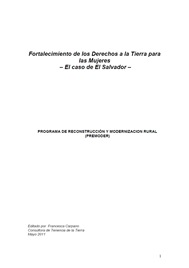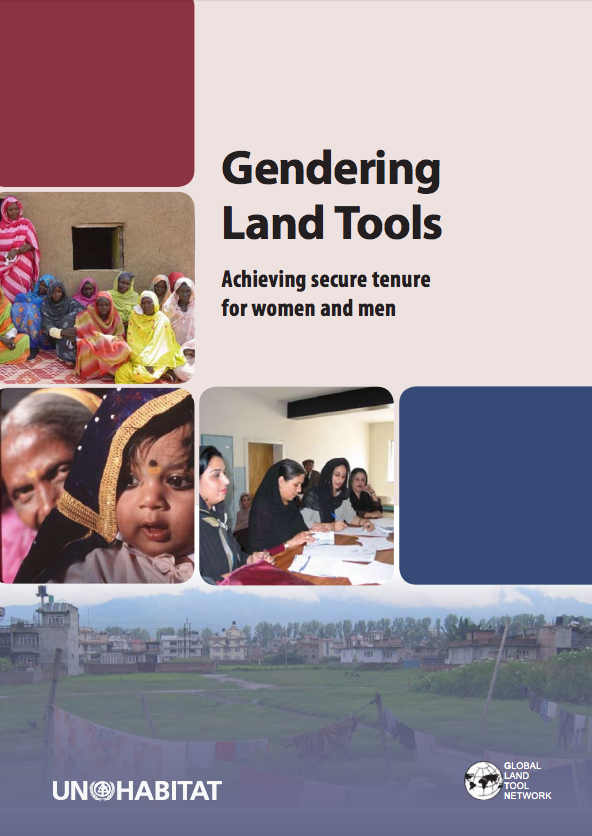El Salvador: Technical assistance on women’s land agreements
Poor rural women are among the most vulnerable people in El Salvador, where the Reconstruction and Rural Modernization Programme was launched in 2003 to aid areas stricken by earthquakes two years earlier. Women’s land tenure was not initially a central theme of the programme. The issue had to be addressed, however, when women – a large segment of the target population – were unable to benefit from an investment fund for rural economic development because they had no access to land.







